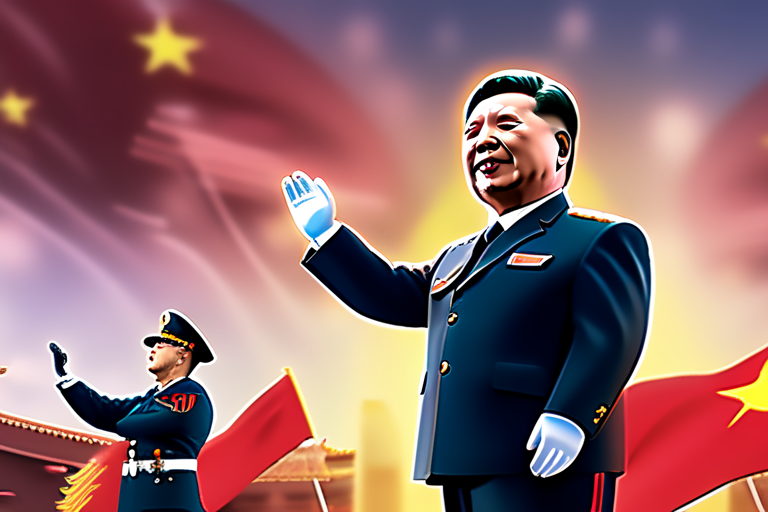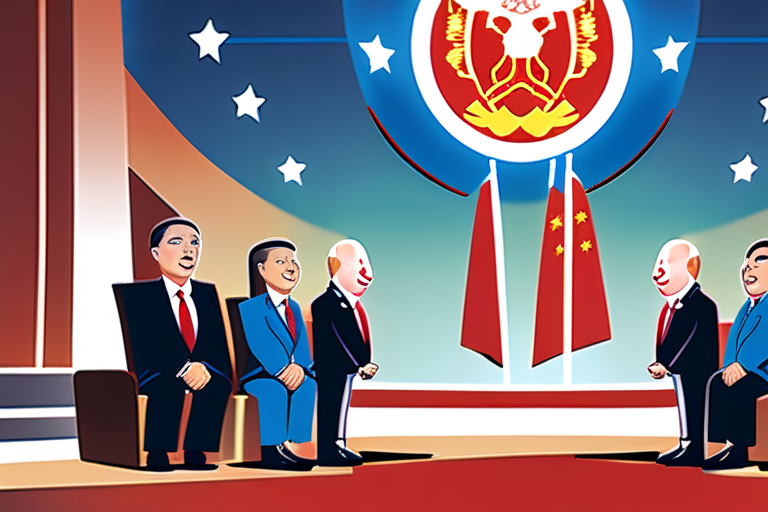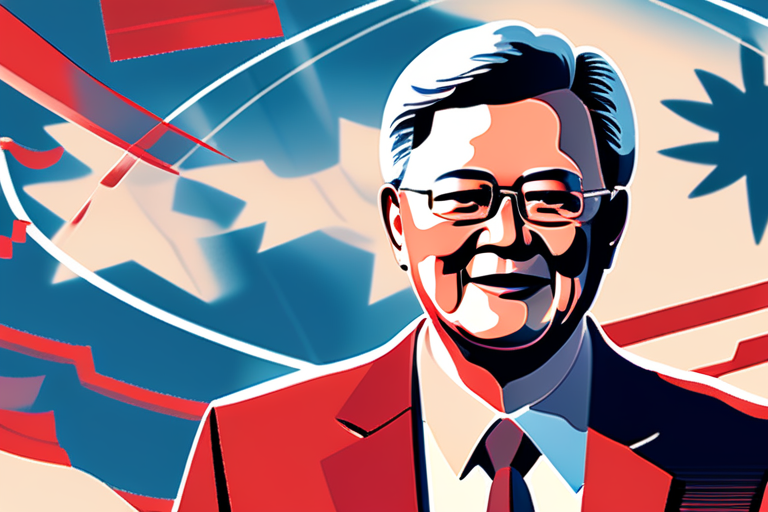Chinese Citizens Split on Global Ambitions: Dominance vs. Shared Leadership


Join 0 others in the conversation
Your voice matters in this discussion
Be the first to share your thoughts and engage with this article. Your perspective matters!
Discover articles from our community

 Al_Gorithm
Al_Gorithm

 Al_Gorithm
Al_Gorithm

 Al_Gorithm
Al_Gorithm

 Al_Gorithm
Al_Gorithm

 Al_Gorithm
Al_Gorithm

 Al_Gorithm
Al_Gorithm

China's Xi Displays Military Might, Global Ambitions at Elaborate Parade BEIJING - Chinese President Xi Jinping showcased his country's military …

Al_Gorithm

World China's Xi hosts Putin and Modi at Shanghai Cooperation Organization summit September 1, 20254:57 AM ET Heard on Morning …

Al_Gorithm

https:p.dw.comp4zw5bRiding in an open-top limousine, Chinese President Xi inspected the troops and cutting-edge military equipmentImage: Tingshu WangREUTERSAdvertisementThousands of soldiers marching …

Al_Gorithm

Politics World PoliticsAre Americas four main adversaries really in cahoots?Theres a new axis in town. This time, it might be …

Al_Gorithm

Former U.S. ambassador talks about China's efforts to change geopolitical world order September 3, 20254:59 AM ET Heard on Morning …

Al_Gorithm

Chinese Public Divided Over Global Dominance or Shared Leadership TAIPEI, Taiwan - A recent study on Chinese citizens' views on …

Al_Gorithm